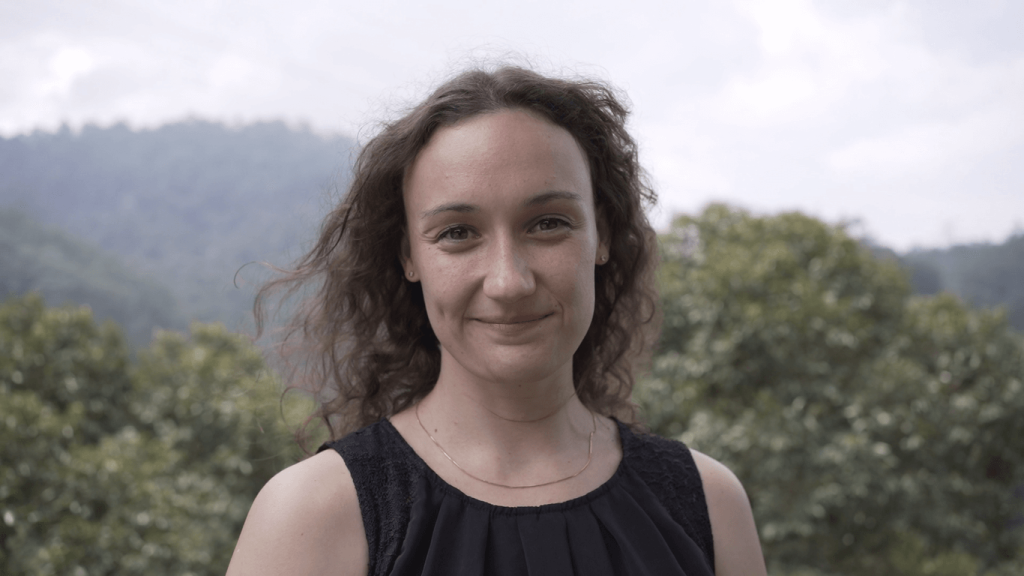Zoe Tate (Class of 2020) talks about the value that ASB’s MBA program brings to entrepreneurs with a desire to make a difference. Zoe Tate, a successful entrepreneur, discusses how her background in business inspired her to take up an MBA degree. You can also watch the webinar recording on YouTube here.
ASB: Tell us a little about your pre-MBA journey and why you chose ASB to further your career.
I came to Malaysia in 2011 and for six years after that, I set up business initiatives in the form of social enterprises in the sustainability space. From ethical fashion brands to an education startup, I did it all! While working, I came across ASB and when I read about the program, I thought it would be a fantastic opportunity for me to upskill myself. I found out more about the school through their Action Learning (AL) program, when an ethical fashion initiative I was running was a host for one of the school’s AL projects.
This project helped me understand the hands-on nature of the MBA and what the students did, and while working with them, I realized this was the next step for me. That’s when I decided to apply to the MBA program as a full-time student. Post-MBA, I’ve had the opportunity to join the United Nations Capital Development Fund – an intersection of financial inclusion, market development, and a general mandate for pursuing sustainable development goals.
ASB: How would you describe your entrepreneurship journey at this point?
As an entrepreneur, I think it’s impossible to fully step away from your work and the impact it starts to make in society! While I am constantly engaged with other initiatives, I always keep an eye on my startups, which continue to run till date.
My role in the UN also helps me dedicate my knowledge to inclusive innovation and consumer empowerment. All of these factors have helped me see opportunities to promote entrepreneurship around me. I am also working with incubators to help startups grow and to support the entrepreneurial ecosystem.
ASB: Can you tell us a little about the impact of having unconventional classmates and entrepreneurs like yourself, as part of your cohort at ASB?
As an entrepreneur who’s never had formal employment contracts or even a typical resume, getting admitted into the ASB program was a huge personal win! Typically, MBA programs admit students that come from traditional and conventional corporate backgrounds, but at ASB, there’s a great mix of diverse professionals, which makes a huge difference to the class composition.
I like the fact that in addition to their backgrounds, they select students on the basis of attitude, potential, and skills. This helps individuals interact with a huge mix of people who have different backgrounds and experiences and I think that’s very relevant for the world we live in.
Having self-starters or people who are involved with family businesses, in addition to those working with multinationals or large government organizations, brings in a dynamic balance in terms of perspectives. After all, the program is largely dependent on the discussions and collaboration you have with your classmates, so it’s interesting to speak to a large group of people who have diverse ideas and think differently – something that definitely comes to life during the Action Learning projects.
ASB: Can you share some examples of how dynamic and diverse the Action Learning projects were and how they’ve helped you in your journey today?
In general, I think Action Learning is a great initiative as it helps students mimic the life of an entrepreneur. The Action Learning projects put students in charge of clients and give them control over defining the scope of their work – much like starting your own business! I had a great time during my Action Learning projects as I had the opportunity to work with people who also had an entrepreneurial background; in other words, people who really think of the bigger picture.
Entrepreneurs tend to think more holistically – from a business development perspective, how they’re going to deliver results, position themselves in the market etc. On the other hand, if you have classmates who are used to working only in large corporate organizations, they tend to have a different approach, style, and attitude when it comes to meeting challenges and executing the work.
People from corporate backgrounds tend to dig into details more, and are more process-oriented – so it’s great to learn from them as well. I was part of one project with an e-commerce platform in Myanmar. The objective was to undertake a market entry strategy.
Within the team itself, two of us were entrepreneurs and the other two came from a more traditional corporate background, so there was a split in the way we thought. At the end of the day, that really helped to balance the project out in terms of both the final deliverables and learning experiences.
ASB: Would you like to highlight any support you received from ASB in terms of fostering entrepreneurship?
As a startup business school, ASB’s curriculum and experiences offered by them are co-created by the faculty, staff, and students. Whenever I reached out for ideas, support, or feedback, I’ve always received immense assistance. It is something that’s very essential for every entrepreneur, as this fosters a more broad way of thinking. This really energizes people with an entrepreneurial spirit, to have the space to explore and discover beyond the limits of the course.





